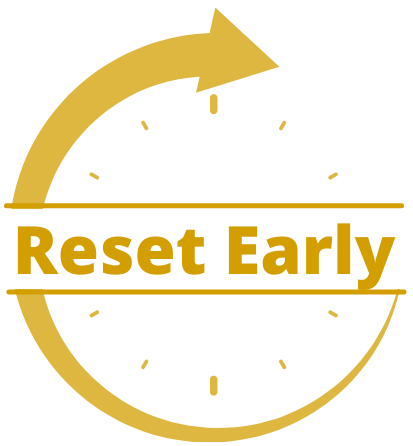Leaving a Job Checklist
Whether you’re leaving a job because you’ve gotten a better opportunity or because you’re fearing being fired, there are things that you should have access to such as information from work performed, or the network you’ve created that you might want to keep going forward.
Some of these things may not apply in your situation and others may need to look for similarities for things applying to you and your industry.
- Work devices (cell phone, computers, emails) – Make sure you have all personal photos and folders off of these devices. For a work phone, log out and delete any personal apps you may have installed.
- If you have an app for validating access (Duo, Authy, etc) into any accounts that you will need after you leave, make sure this app is on your personal phone.
- Login information for accounts you may need access to afterwards: Retirement accounts (401ks), Health Savings Accounts (HSAs), or paystubs so you can validate your final pay stub.
- Contact information for HR in case you have issues post-leaving.
- Documentation of how much PTO you still have remaining to validate you’re being paid out for it.
- Performance reviews, praise from coworkers/management, and examples of your work. This isn’t to take proprietary, secret, or technical data from the company. It’s so you have examples of the work you’ve performed and can add it to your resume or a presentation for a job interview. If you’ve given presentations that are more about you and your performance at the company, email copies of those to yourself. Having photos or data on improvements, etc. Continuous improvement projects are also great. Anything you’d want to add to your resume that you’d want to calculate things from.
- Contact information for people. Go through your list of contacts and friend people on LinkedIn that you’d like to maintain contact with. Also collect phone numbers for mentors and coworkers that you might not have on your personal phone.
- Send a final email. cc your personal email and bcc everyone else on it, and include contact details like LinkedIn, email, and phone number (or whatever you’d like). And I’d send yourself the email list for everyone you sent it to so you keep their contacts.
- If you’re leaving a toxic work environment, any documentation of that toxic work environment that you might want later.
- Receipts for outstanding bills on company credit card
- Copies of any certifications/trainings you may have received at work. If you’re part way through a certification, keep documentation of project you’d need to have completed in order to be certified.
- Leave work phone, laptop, chargers, flash drives, company credit card, and any other company property you may have at home.
If you’re in the situation where you want to leave good pass off material for others:
- For any projects you’re in the middle of, make sure someone has the latest version of those files or projects that were heavy on data and only on your computer. I’d also send those emails to people and contact information for people working on projects including suppliers/customers.
- Hand-off/standard work for projects
- Find owners for any lingering TO DO items.
- Clean out your desk, no one really wants to do this. If you have documents from the person who sat their prior to you, throw those out too
- List of systems you have access to and if there are any introduction to learning a program, some of this can also be like for being a new manager/supervisor and common deadline/activities that might come up once a year. (I do this more when learning a new job rather than while I’m leaving. It’s just so much easier since you only generally have to get access once.)
- Make sure others have access to any files/documents that you wrote/own
- Send written feedback to the managers of people you worked with for the next performance review cycle
- Honestly, as long as people have data or upcoming deadlines they need, they’re going to figure out how to do something else on their own. No one really listens to what the previous person does unless it’s essentially programmed, and they figure it out on their own with time.
If you’re reading this and just started a new job or are already working a job:
- Start yourself a praise folder. When people compliment the work you’ve done, add it to the folder
- Accomplishment list at work. Since companies often only do performance reviews 1-2x/yr, items completed towards the beginning of the year are often forgotten about by the time the performance cycle comes along. Even just keeping a high level list of projects being worked on or completed can go a long way towards helping with performance reviews or promotions.
- In the event that you have a work phone and consider using that as you’re only phone number, make sure to get yourself a Google Voice number and use this for two-factor authentication.

